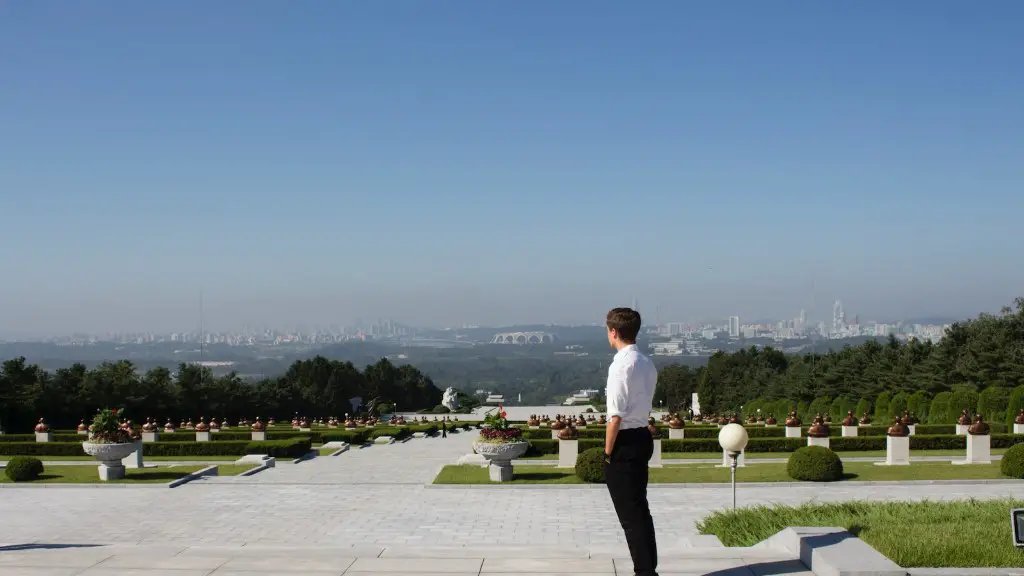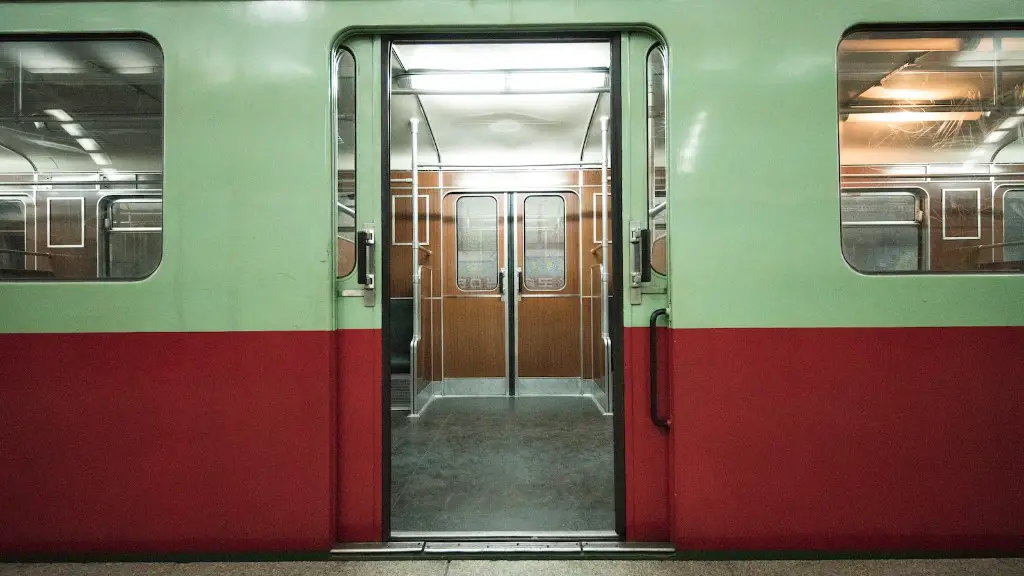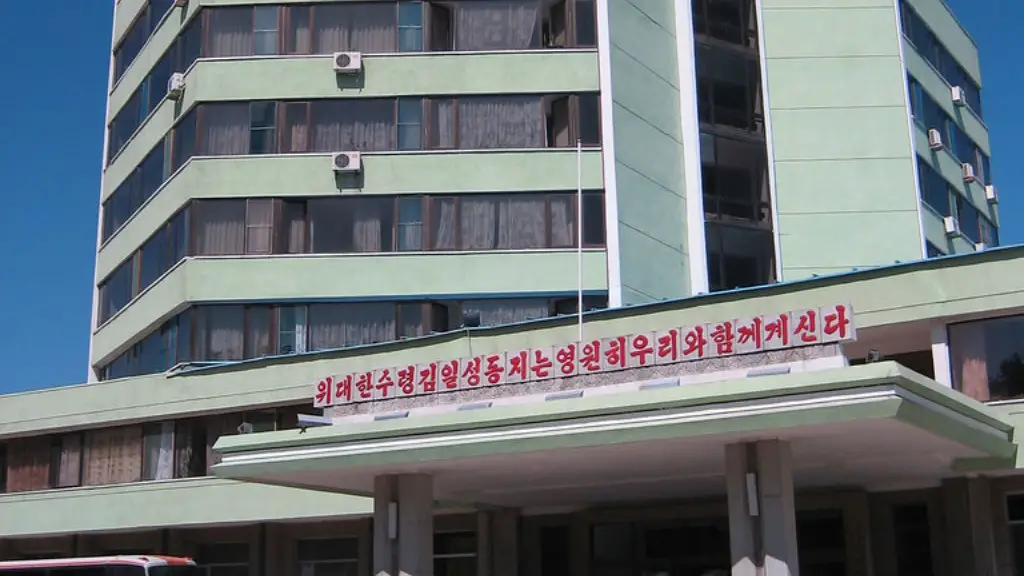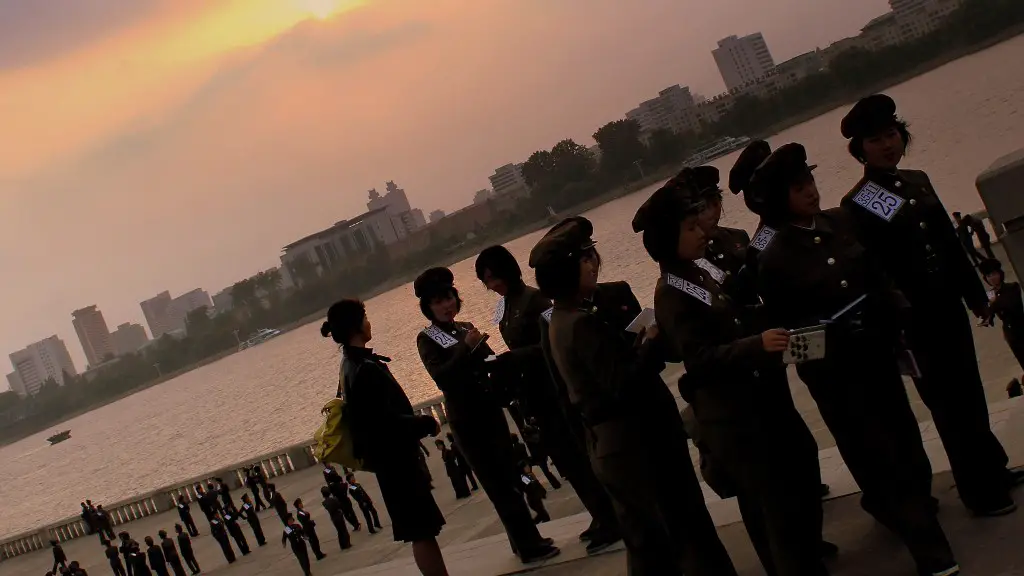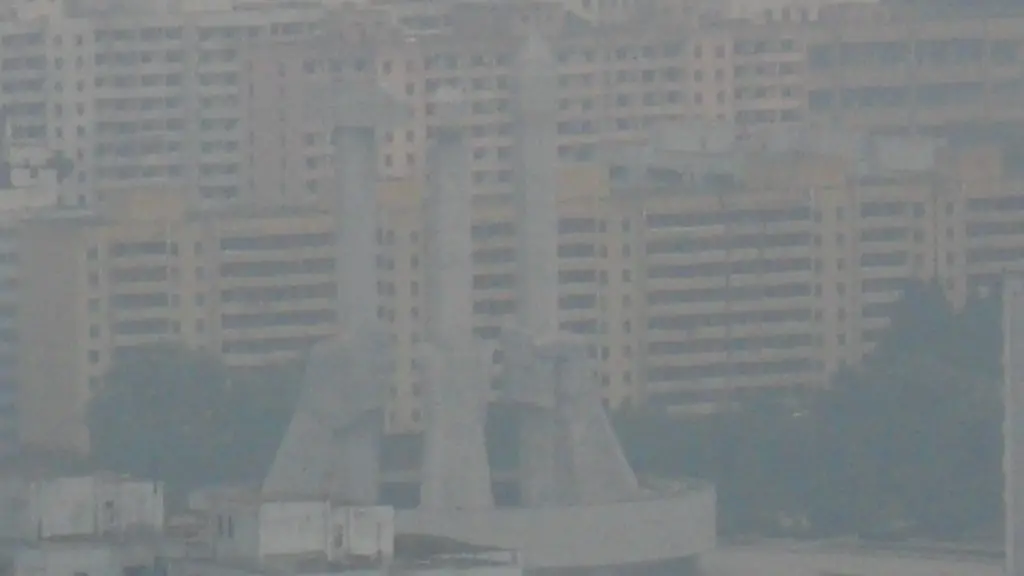Why Is North Korea Not A Democracy
North Korea has been an enigma to the rest of the world since the 1950s, with its single party rule and human rights abuses. The secretive state has a long history that is intertwined with the fate of its citizens, whose freedom and well-being have been subject to the discretion of its leaders. North Korea is a communist state and it is not a democracy. To understand why North Korea is not a democracy, it is important to look at its history, social structure and its relationship with its neighbors and global powers.
From the end of World War II, the Democratic People’s Republic of Korea has been ruled by the Kim dynasty, with its first leader, Kim Il-sung, taking power in the country in 1945. As he and his successors implemented their state-controlled socialist policy, they ensured that the government’s influence would permeate all aspects of life. This involved the use of propaganda, censorship, and the development of a totalitarian and autocratic system that provides few or none of the civil, economic and political rights commonly associated with democracy.
North Korea is a strongly hierarchical society, with the leadership of the ruling party at the top. Owning weapons is forbidden for citizens, so the military exercises full control over the country and its people. This has caused human rights violations, including the imprisonment of dissidents, restriction of the media and enforced government loyalty, as well as the prevention of organised political activity or protests. Citizens have limited access to outside information, with only state-controlled radio, television and newspapers available. This means they are not exposed to different points of view and are not able to access a wide range of news and opinion, something which is a hallmark of a democratic society.
The country also has a significant and difficult relationship with its neighbors and global powers. It has tested nuclear weapons, despite the international community’s calls to end its nuclear program, and it has withdrawn from international agreements such as the Nuclear Non-Proliferation Treaty. This has led to trade sanctions and strained its relationship with the global community, leading to further discontent with the regime and its policies. In addition, North Korea’s relations with South Korea and other nearby countries are also troubled, and its economic ties are limited.
It is clear that North Korea is a severely restricted country, heavily influenced by its past and its relationship with other nations. Its citizens are subject to numerous restrictions, from the government’s control of the media to the military’s totalitarian power. This lack of political, civil and economic freedoms demonstrates why North Korea is not a democracy. An understanding of its history and society is important for us to be able to recognise and understand the reasons why.
Cultural History and Government Practices
North Korea has a long and deep cultural history that has been shaped by its current government practices. Due to the country’s single-party rule, the state exercises strong influence over the nation’s culture. This includes controlling the media, restricting artistic expression and censorship. There is a strong emphasis on national symbolisms and ideologies, as well as loyalty to the state, something that is not found in a functioning democracy.
The government’s control of the media is also extremely powerful. All media outlets, including television, radio, newspapers, books and online are strictly controlled. Public libraries, bookstores, and most shops must keep to the official line of the ruling party. Newspapers rarely, if ever, publish opposing views, and speeches by the ruling party are broadcast regularly. It is virtually impossible to access foreign media, further restricting people’s knowledge.
The government also tightly controls artistic expression. Artists are usually required to work within a certain political framework and write songs, poems, and plays that are in line with the ruling party’s beliefs and message. Writers, painters and filmmakers have been censored, arrested and even executed for producing works deemed to be a threat to the state. This is a clear indication of the lack of freedom in the country, something that is essential for a democracy to work.
North Korea’s culture has been heavily shaped by the country’s single-party rule, which has resulted in a lack of freedom in regards to media, artistic expression and the general public’s ability to access and express their opinions. This is another key reason why North Korea is not a democracy.
Economic System and Poverty
The North Korean economy is heavily regulated and centrally managed by the state, meaning that private businesses and foreign trade are limited. This has meant that the country is heavily dependent on foreign aid and the export of weapons and other materials, resulting in many of its citizens facing extreme poverty.
The country’s economic system is highly inefficient and has caused a great deal of suffering for its citizens. The official food rationing system has meant that many people suffer from malnutrition, while others rely on the black market to purchase food and other necessary items. This has placed a great strain on the population, as it is faced with poverty and limited access to basic necessities. This lack of economic opportunity means that the citizens of North Korea are unable to grow and thrive and have no real say in the running of their country.
The state-run economy has also caused frustration for citizens due to the country’s rampant inflation and currency devaluation. This has resulted in a decline in the purchasing power of citizens, who have seen their salaries become increasingly worthless. This lack of economic freedom has created further discontent with the government and has added to the reasons why North Korea is not a democracy.
Geopolitics and Relationships with Other Countries
North Korea’s relationships with other countries are another key factor in why it is not a democracy. In 1994, North Korea withdrew from the Nuclear Non-Proliferation Treaty, leading to increased tensions with other countries, including the United States. This decision has had a significant impact on the state of North Korean-US and North Korean-South Korean relations.
The US has also imposed several economic sanctions on North Korea, including a trade embargo, further impacting on the economy of the country and its citizens. This has had the effect of further decreasing the economic freedom of the citizens, as well as limiting their access to goods, services and resources.
North Korea’s relationship with other countries has also been strained by its refusal to respect human rights. This has led to a lack of trust from other nations and the international community, resulting in international condemnation of its policies and practices. This lack of international cooperation has added to the country’s problems, including its lack of economic freedom and access to resources, making it a less viable democratic state.
Totalitarianism and Oppression
A major reason why North Korea is not a democracy is its use of totalitarianism and oppression. The ruling party has used a number of tactics to remain in power, such as censorship, propaganda, and the barring of basic rights. Those who are seen to oppose the government are often harshly punished, with fines and imprisonment, while those who are supportive are rewarded with influential positions in the government.
Through its use of oppression, the ruling party has been able to keep the citizens in check and force them to obey the laws of the state. It has also made it difficult for the public to access information about the world outside their borders and the state of their nation, thereby making it virtually impossible for them to meaningfully participate in decision-making or democracy.
The government’s use of oppressive tactics has also resulted in the restriction of free speech and the silencing of dissidents. This has had the effect of curbing any dissenting voices, while setting an example to those who may consider opposing the regime in the future. It has meant that any discontent that is expressed is unlikely to reach a level where it can pose a real threat to the government, further ensuring that North Korea remains a non-democratic state.
Conclusion of Political and Legal Environment
The political and legal environment in North Korea has facilitated the country’s non-democratic status. The government has used a number of legal means to ensure that citizens have few or no rights. This includes the use of censorship, propaganda, and the restriction of basic civil, economic and political rights. The promulgation of laws that discriminate against religious beliefs and LGBT issues, as well as the lack of a functioning legal system, have also added to the country’s lack of democratic values.
The lack of an independent judiciary and the lack of access to justice has further undermined the chances of North Korea becoming a democracy. This has meant that citizens are unlikely to be able to challenge the government, which in turn has allowed the ruling party to remain in power and maintain its repressive system.
The political and legal environment in North Korea is one of the major reasons behind its failure to become a democracy. The laws that have been implemented and the lack of an independent judiciary, coupled with the state’s use of oppressive tactics and its poor relationship with other countries, have all served to ensure that the country remains a non-democratic state.
